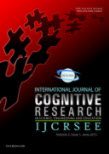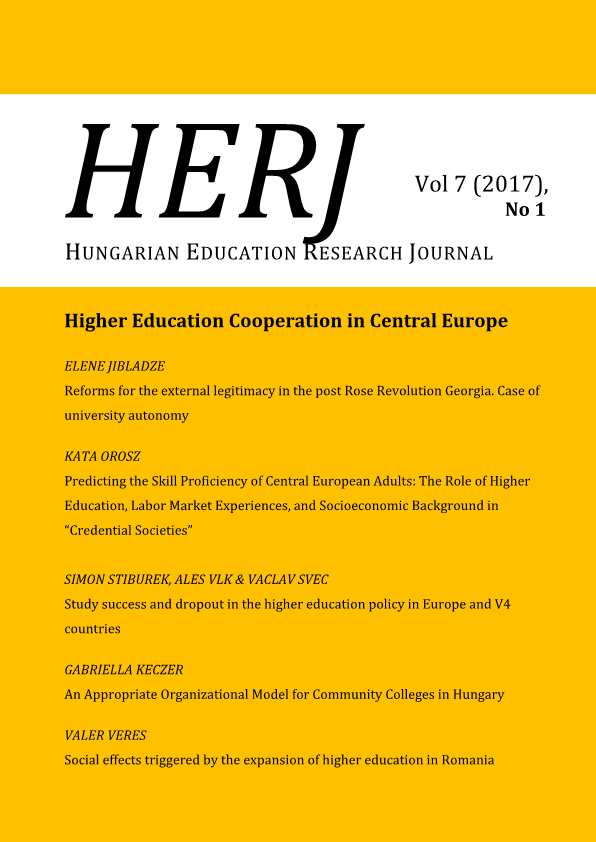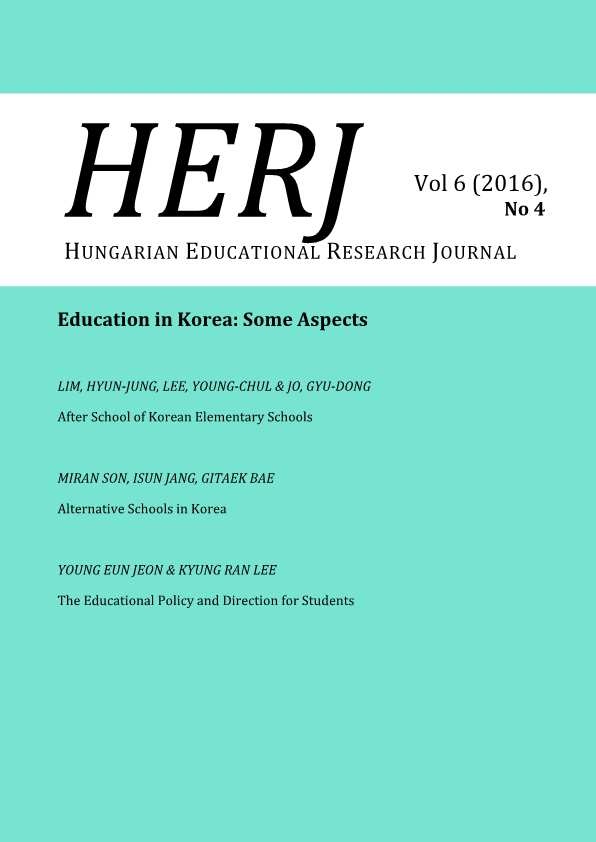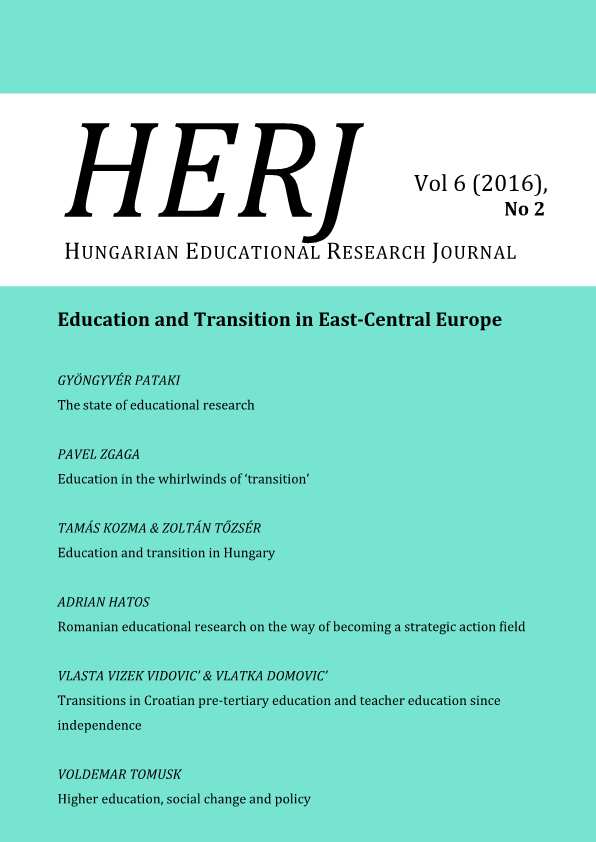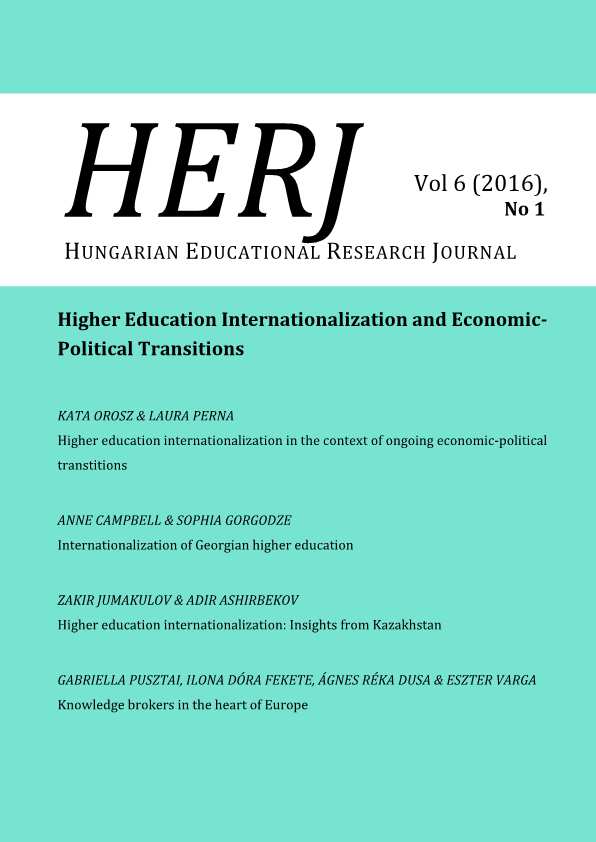DISCOURSE AS A METHOD OF INSTRUCTION IN HIGHER EDUCATION TEACHING
In the beginning, the paper focuses on certain new impulses in higher education didactics. The position of higher education didactics after the Bologna declaration is also considered, with the special emphasis on reconsiderations of its own concepts and teaching methods within them. The text points to the critical tones of the reaches of the reform currents of higher education teaching so far, considered to be for the time being mostly oriented to structural changes, while the essential changes to contribute to the quality of studying have remained neglected. The paper further deals with the innovative approaches to instruction in higher education teaching, as well as the changes in the teaching and learning strategies in emancipatory didactics, i.e. the teaching methods that address the needs to empower emancipatory potentials of students; such teaching methods are fundamental to emoncipatory didactics, which is the theoretical background of the paper. Special attention has been paid to learning aims, referring to the following: critical attitude towards reality which should undergo changes; disentangling oneself from social limitations and emancipation of an individual; autonomy, self‐ determination and solidarity; learning through communication and interaction in teaching through cooperation between students and teachers. An attempt has been made at giving contribution to realization of these aspects of teaching in higher education teaching through discourse as a method of instruction at university level. The basic characteristics and teaching methodology aspects of discourse are defined and established within the context of meta‐theoretical field grounded on critical philosophy of society and emancipatory didactics. Finally, the findings of an explorative empirical research are given, with the most significant ones to be the following: -being the reason for satisfaction with a discourse as a method of instruction manifested by the majority of students, participatory approach has confirmed the ideas of participatory epistemology in the approaches to learning; as a consequence, it leads to achievement of autonomy and self‐regulated learning, which are basic elements of emancipatory didactics, as well as cognitive functioning that should be characterized by flexibility, creativity, risk‐taking readiness; -students who have expressed satisfaction with a discourse as a method of instruction have stated the following reasons: possibility for exploration, independence, freedom, etc, manifesting high achievement through creative cognitive reactions. In other words, discourse as a method of instruction suits them best, while other students need to work more in order to adopt the strategies permeated by participative epistemology, getting closer to emancipatory aims of learning in higher education teaching.
More...
